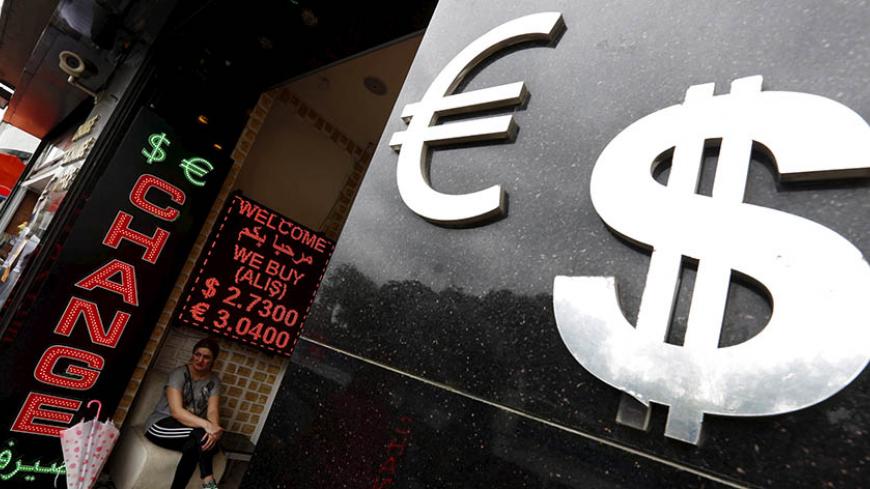According to a Turkish proverb, “The calculation made at home goes awry at the market.” It basically means the decisions one makes and implements with available knowledge, experience and foresight may not produce the desired results in the face of changing realities on the ground.
The developments in Turkey since the June 7 elections, which saw the Justice and Development Party (AKP) lose its governing majority after 13 years in power, show that the calculation President Recep Tayyip Erdogan made “at home” was to take Turkey to snap elections as soon as possible in a bid to propel the AKP back to power as a single-party government. It seems, however, his calculation may go “awry at the market.”



